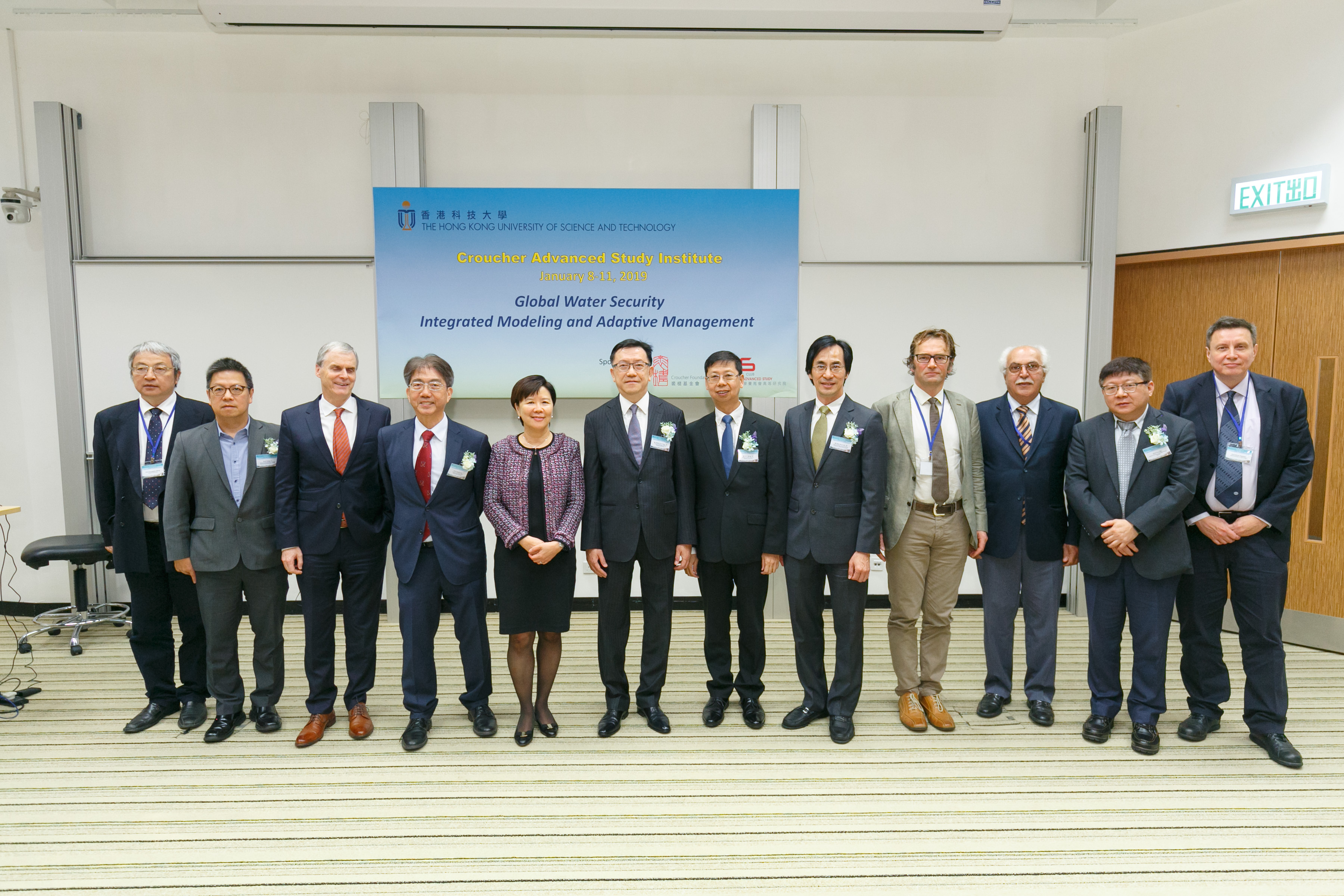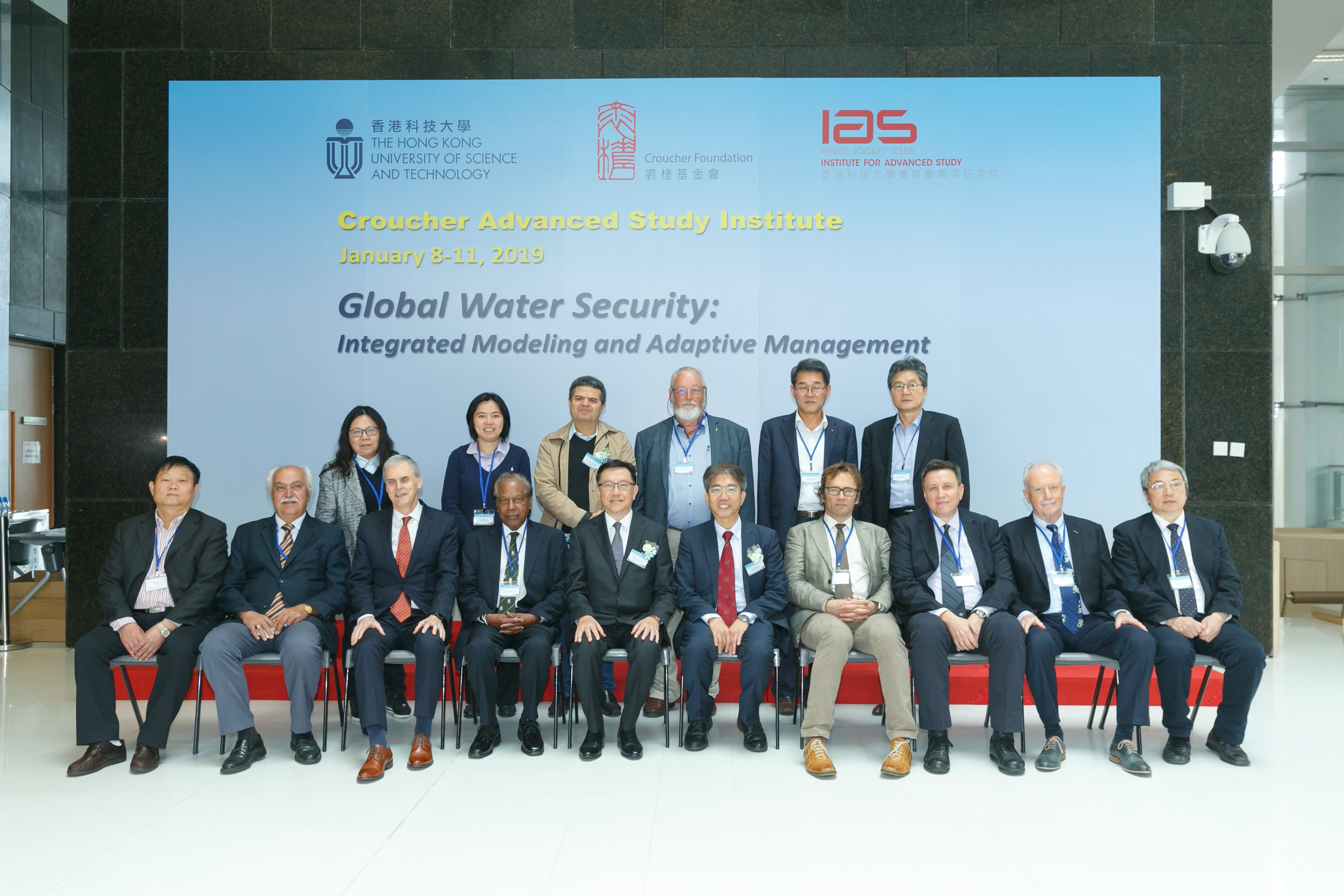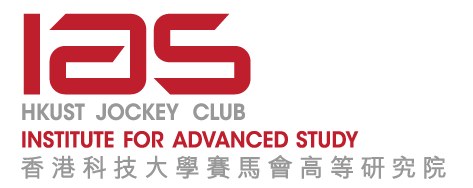1 Oct, 2018 -
First announcement
2 Jan, 2019 -
Opening Ceremony
2 Jan,
2019 - Participants
2 Jan, 2019 -
Programme
11 Feb, 2019 - Photo gallery.
Several photos during the ASI are below. For more photos, please click
here.




The goal of this inter-disciplinary meeting is to update local engineers and scientists on recent developments in integrative approaches to understanding global water security. Three inter-related areas will be covered and integrated: (i) climate change induced impacts on rainfall and floods; (ii) smart water management to enhance efficiency and conservation; and (iii) systems modeling of water-energy-food nexus for linkage with water resources management and policy.
Professor Joseph Hun-wei Lee, Department of Civil and Environmental Engineering and Division of Public Policy, HKUST
#PSIPW: Prince Sultan Bin Abdulaziz International Prize for Water
Climate change, population growth and urbanization have led to grand challenges of water security and environmental degradation in many coastal cities including Hong Kong. The purpose of this ASI is twofold: (i) to review the state of the art research in several related areas of global water security and enhance inter-disciplinary awareness; (ii) to develop better engineering design and planning to enhance urban resilience against climate change. While climate modeling and downscaling of the atmospheric data to regional hydrological scales have made much progress over the past decade, the linkage of atmospheric modeling to hydrologic modeling (catchment scale) and hydro-environmental modeling (river, estuary scale) is still in its early stages of development. There is an urgent need to review the state of the art in linking climate and hydrological modeling, to understand the use and limitations of regional climate models in hydraulic modeling for forecasting flood levels and risks, and improving urban drainage design. In addition, the use of hourly rainfall predictions to improve environmental forecasts (e.g. beach water quality) will help engender research discussions relevant to smart cities. Improving the efficiency of water use is one way of achieving water security. New techniques of continuous monitoring and diagnosis of water consumption and pipeline faults (including leaks) via remote means and the use of inverse hydrodynamic modeling and artificial intelligence methods are under active development. A timely review of frontier developments and experiences on smart water grids would help stimulate local research for smart water management. In addition, while climate change impact in terms of changing availability of water corresponding to alternative futures are assessed, the feedbacks with energy, water quality and ecology should be accounted for in global water security.
To maximize interaction between lecturers and
course participants, the meeting is limited to 60 participants.
Applicants should complete the attached
form (please attach a one page CV stating the
reasons for wishing to attend this ASI) and return to Course
Director or ASI Secretariat on or before October 15, 2018.
For queries please contact the ASI Secretariat at email:
asi2019@ust.hk
|
Organized by:  |
Sponsored by:  |
 |